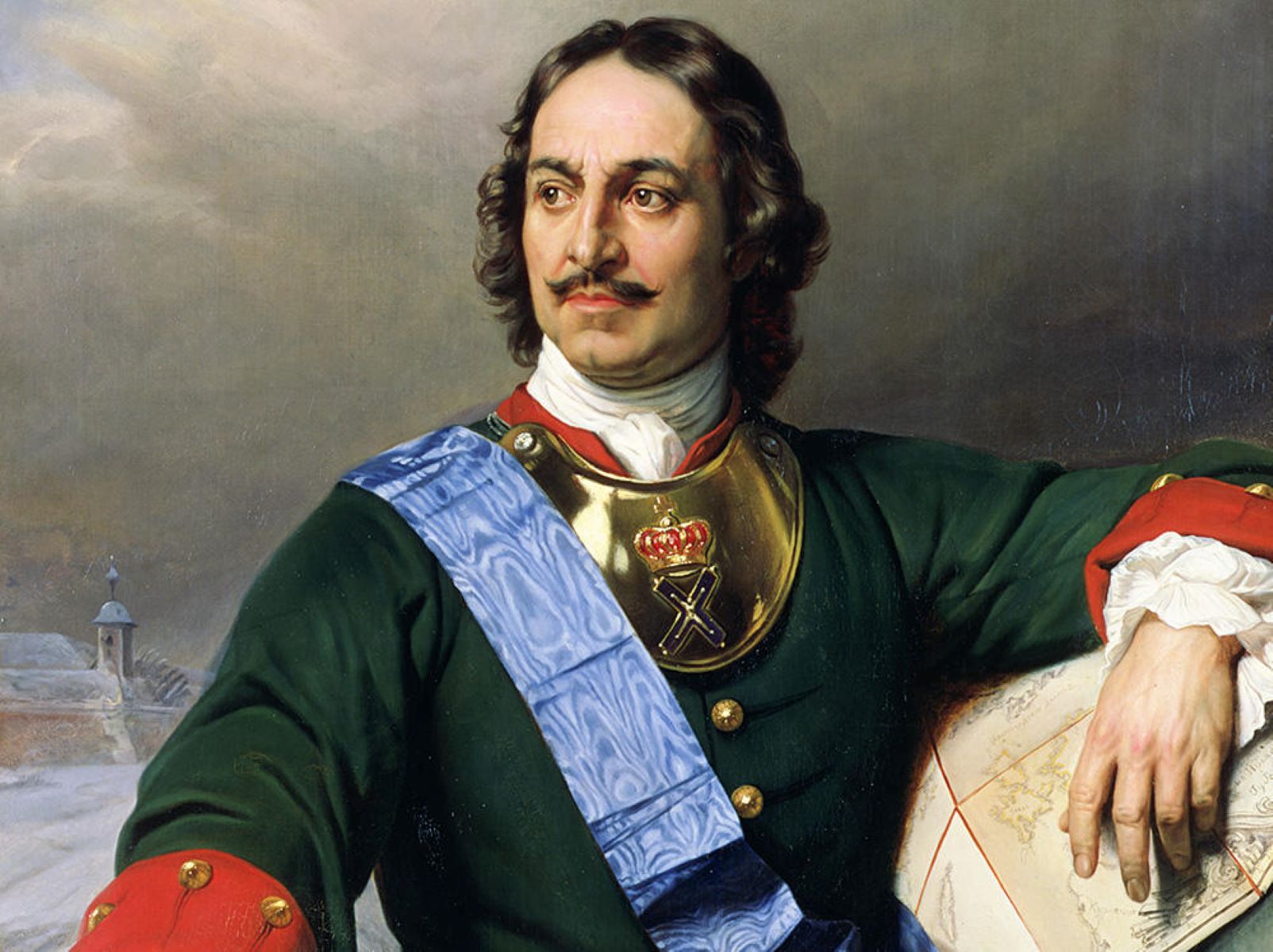
Who was Peter the Great? Peter the Great, born Pyotr Alekseyevich, was a towering figure in Russian history. Why is he important? He transformed Russia from a medieval state into a burgeoning empire, modernizing the military, government, and culture. What did he achieve? Peter established St. Petersburg, reformed the Russian Orthodox Church, and expanded Russian territory. How did he change Russia? By adopting Western technologies and ideas, he propelled Russia into the European political arena. When did he rule? His reign spanned from 1682 to 1725, a period marked by significant reforms and relentless ambition. Why should you care? Understanding Peter the Great's impact helps grasp Russia's historical trajectory and its role in global affairs.
Key Takeaways:
- Peter the Great transformed Russia by modernizing the military, introducing Western customs, and promoting education, leaving a lasting legacy as the father of modern Russia.
- Despite a complex personal life, Peter the Great's towering height and impactful reign shaped Russia's future, making him one of the most influential leaders in history.
Early Life and Rise to Power
Peter the Great, one of Russia's most influential leaders, had a fascinating early life that shaped his future reign.
- Born on June 9, 1672, in Moscow, Peter was the 14th child of Tsar Alexis I.
- His mother, Natalya Naryshkina, was the second wife of Tsar Alexis, making Peter a half-brother to the previous Tsar, Feodor III.
- Peter's childhood was marked by political turmoil, including a violent uprising known as the Streltsy Rebellion.
- At the age of 10, Peter co-ruled with his half-brother Ivan V, under the regency of their sister, Sophia.
Military Reforms and Expansion
Peter's reign is notable for his extensive military reforms and territorial expansion, transforming Russia into a major European power.
- Peter established the first Russian navy, building a fleet from scratch.
- He modernized the Russian army, adopting European tactics and training methods.
- The Great Northern War (1700-1721) against Sweden allowed Peter to gain access to the Baltic Sea.
- Peter founded the city of St. Petersburg in 1703, which became Russia's "window to the West."
Cultural and Social Changes
Peter the Great was a reformer who sought to modernize Russian society by adopting Western European customs and practices.
- He introduced Western-style clothing, even imposing a beard tax to encourage men to shave.
- Peter reformed the Russian calendar, adopting the Julian calendar used in Europe.
- He established the first Russian newspaper, the "Vedomosti," in 1703.
- Peter promoted education, founding schools and sending young Russians abroad to study.
Economic and Administrative Reforms
Peter's economic and administrative reforms aimed to strengthen the Russian state and economy.
- He introduced a poll tax, replacing the old household tax system.
- Peter reformed the Russian government, creating a Senate to oversee administration.
- He established state monopolies on key industries like salt, tobacco, and tar.
- Peter encouraged the development of new industries, including shipbuilding and textiles.
Personal Life and Legacy
Peter the Great's personal life was as complex and dynamic as his reign, leaving a lasting legacy on Russia.
- Peter married twice, first to Eudoxia Lopukhina and later to Catherine I.
- He had 14 children, though only a few survived to adulthood.
- Peter was known for his towering height, standing at about 6 feet 8 inches tall.
- He died on February 8, 1725, after falling ill from a cold he caught while rescuing soldiers during a flood.
- Peter's legacy endures, with many considering him the father of modern Russia.
Peter the Great's Lasting Legacy
Peter the Great left a mark on Russia that still resonates today. His reforms modernized the country, bringing it closer to Western Europe. By founding St. Petersburg, he created a new capital that symbolized Russia's new direction. His efforts in expanding the navy and reorganizing the army made Russia a formidable power. The introduction of new industries and technologies spurred economic growth. Education and cultural changes under his rule opened Russia to new ideas and practices.
Despite his sometimes harsh methods, Peter's vision transformed Russia into a major European player. His legacy lives on in the institutions he established and the cultural shifts he initiated. Peter the Great's reign was a turning point, setting the stage for Russia's future development. His impact is undeniable, making him one of history's most influential leaders.
Frequently Asked Questions
Was this page helpful?
Our commitment to delivering trustworthy and engaging content is at the heart of what we do. Each fact on our site is contributed by real users like you, bringing a wealth of diverse insights and information. To ensure the highest standards of accuracy and reliability, our dedicated editors meticulously review each submission. This process guarantees that the facts we share are not only fascinating but also credible. Trust in our commitment to quality and authenticity as you explore and learn with us.
